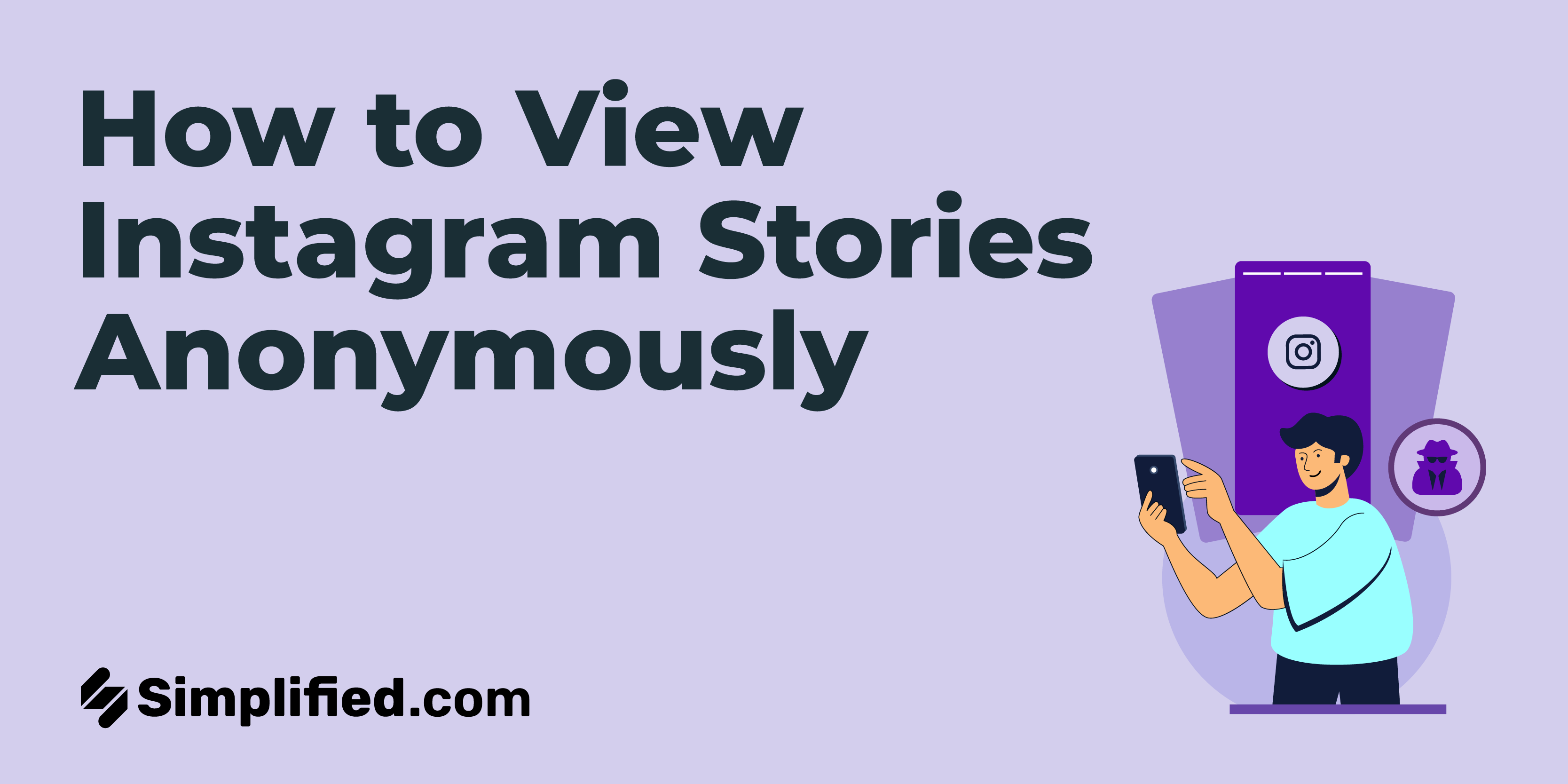What do you mean by API?
APIs represent a collection of protocols and tools embedded within applications, which outline the manner in which software components should interact. Their purpose is to facilitate the seamless integration of diverse systems and the creation of novel applications by developers.
What are the applications of APIs?
APIs are widely utilized to establish communication between various software systems. For instance, they enable the integration of payment processing mechanisms into e-commerce websites or the retrieval of data from social media platforms. By employing APIs, developers can save time and resources by leveraging existing software components and services, rather than starting from scratch.
APIs can be tailored for specific objectives, such as providing access to particular datasets, or they can be more versatile, allowing developers to tap into a broad range of functionalities. Additionally, they can be categorized as either public or private, depending on whether their usage is intended for external developers or confined within a specific organization.
How are APIs employed in social media?
Social media APIs empower developers to craft custom applications and tools capable of accessing and manipulating data from social media platforms. This encompasses elements like posts, user profiles, comments, and messages. Such APIs enable the creation of features like social media management tools, analytics dashboards, chatbots, or bespoke integrations with other software systems.
Typically, APIs offer comprehensive documentation and guidelines elucidating their usage, encompassing authentication methods, endpoint URLs, and parameters for requesting data or executing actions. Social media platforms often furnish software development kits (SDKs) or libraries that facilitate smoother integration of applications for developers.
APIs have evolved into an essential component of social media platforms, fostering the development of innovative tools and features that enhance user experience and drive engagement. However, concerns regarding data privacy and security arise due to the potential risks associated with unauthorized access to user data.
.webp)













